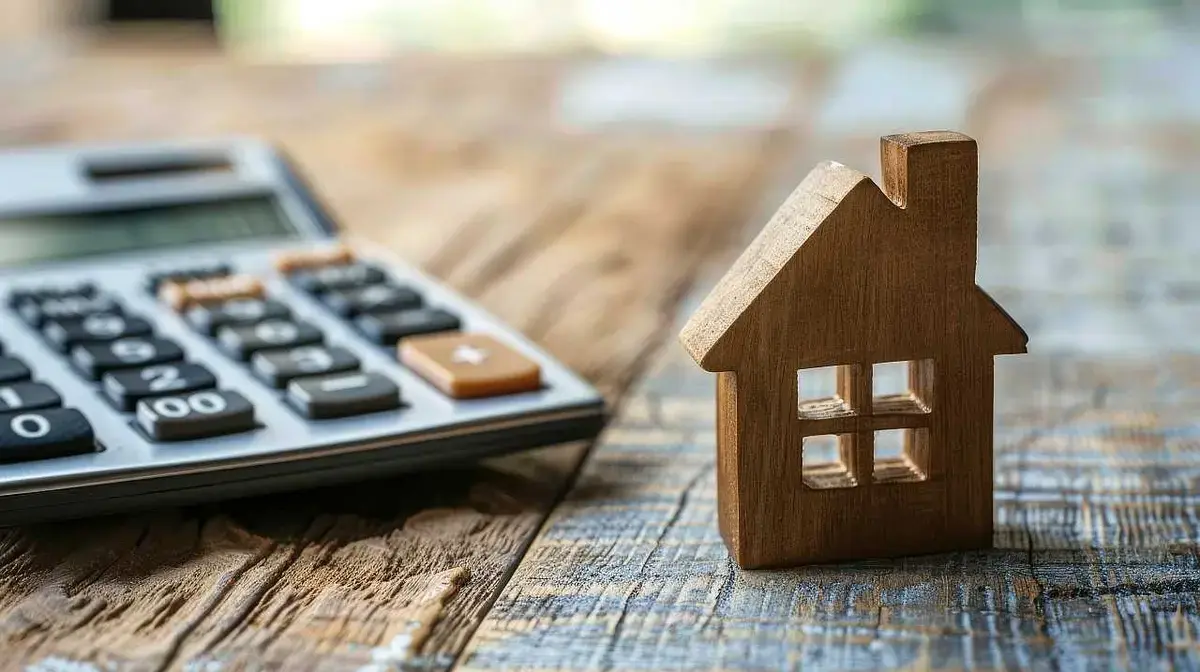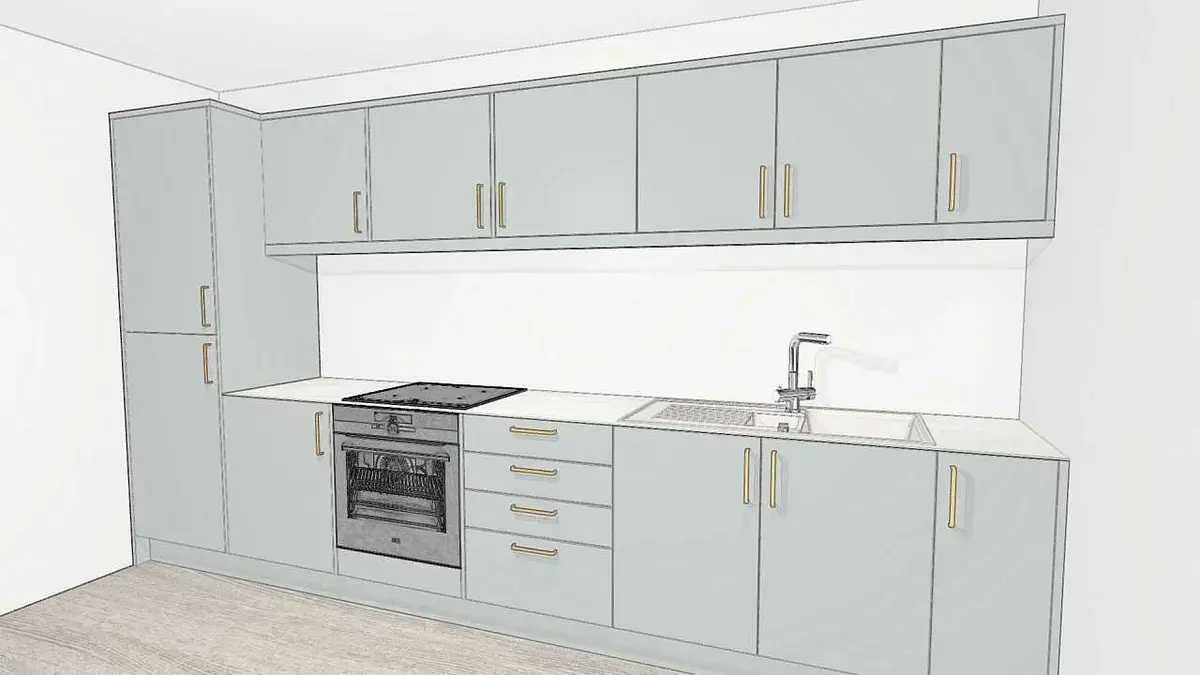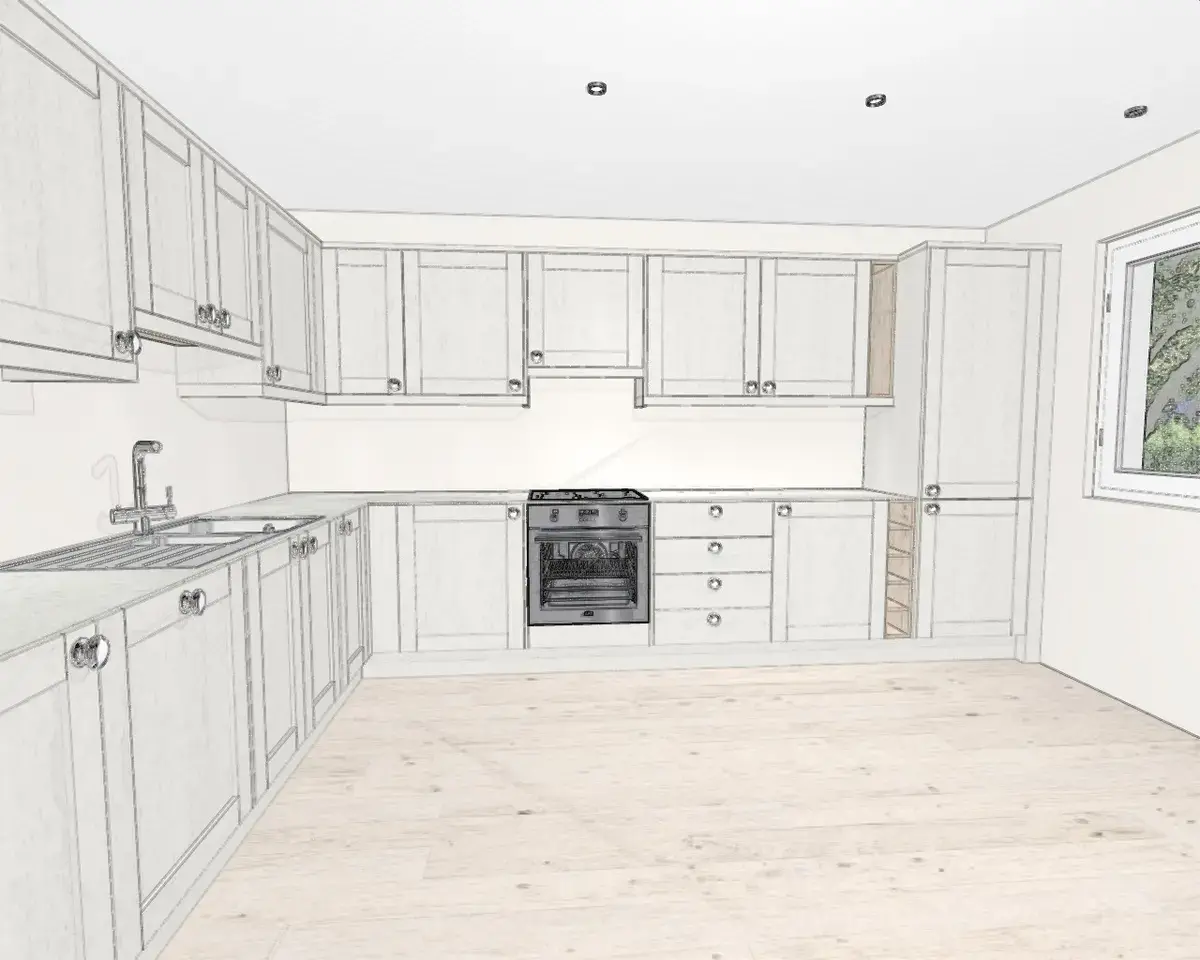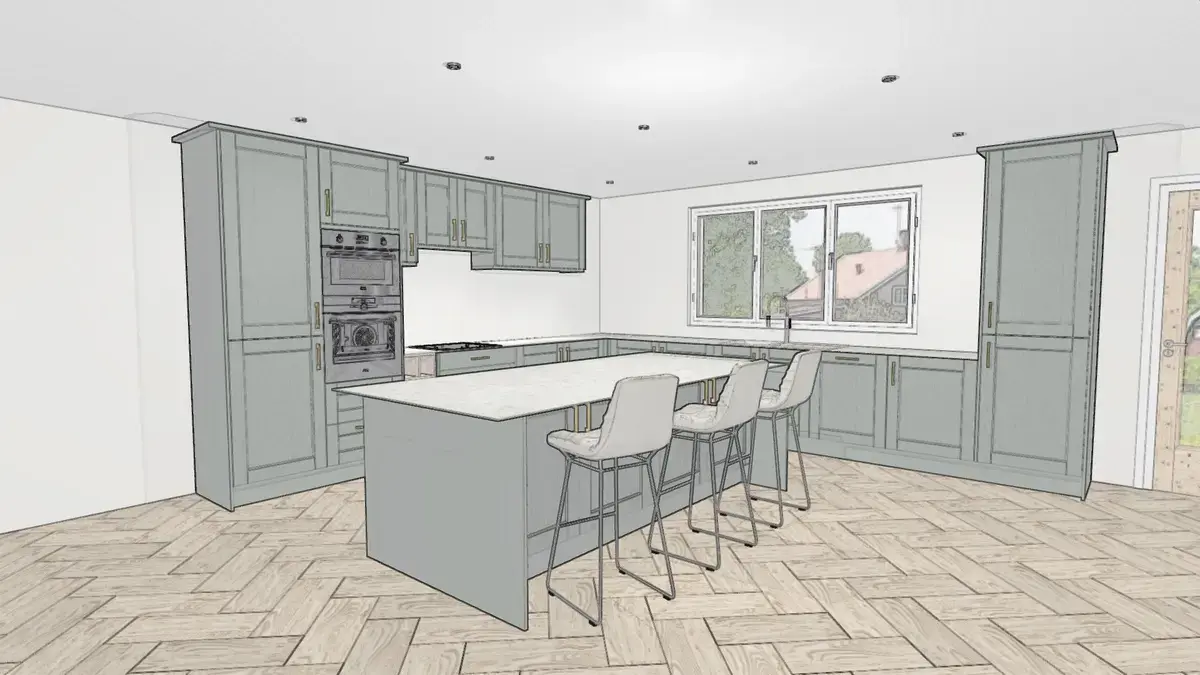- Log in to post comments

This article will help you establish an initial budget for your kitchen renovation. It outlines the cost of kitchen renovations in the UK and how to use your property value to qualify your budget. Importantly, it also explains how your sustainability ambitions impact your budget setting.
Kitchen Renovation Costs
The cost of replacing a kitchen in the UK can vary widely depending on several factors, including the size of the kitchen, the quality of materials the appliances chosen, the complexity of the design, and the region in which you live. Here's a general breakdown to help you start pulling together a budget for replacing your kitchen based on typical costs:

Basic Kitchen Replacement
- Cost Range: £5,000 - £10,000
- Standard:
- Basic cabinetry
- Standard worktops (e.g., laminate)
- Essential appliances (e.g., fridge, oven, hob)
- Basic sink and tap
- Simple lighting
- Basic tiling and flooring
- Applicability: This fits if you are on a tight budget or looking for a simple, functional kitchen.

Mid-Range Kitchen Replacement
- Cost Range: £10,000 - £25,000
- Standard:
- Higher-quality cabinetry
- Mid-range worktops (e.g., solid wood, composite)
- Upgraded appliances (e.g., built-in, energy-efficient)
- Higher-quality sink and tap
- Enhanced lighting options
- Better quality tiling and flooring
- Additional features (e.g., splashbacks, integrated appliances)
- Applicability: If you are looking for a balance of quality and affordability, this is what you should expect to pay.

High-End Kitchen Replacement
- Cost Range: £25,000 - £50,000+
- Standard:
- Custom or high-end cabinetry
- Premium worktops (e.g., granite, quartz, marble)
- Top-of-the-line appliances (e.g., smart appliances, wine coolers)
- Designer sink and tap
- Custom lighting solutions
- High-quality tiling and flooring
- Luxury finishes and accessories
- Custom features (e.g., kitchen islands, bespoke storage solutions)
- Applicability: If you seek a luxury kitchen with high-end finishes and custom features, expect to pay these prices.
Additional Costs to Consider
- Labour Costs: Installation and fitting costs can vary, with average labour rates ranging from £200 to £300 per day, depending on the complexity and location.
- Plumbing and Electrical Work: Moving or upgrading plumbing and electrical systems will increase costs.
- Removal and Disposal: Removing and disposing of the old kitchen can incur additional costs.
- Contingency Budget: It is advisable to set aside an additional 10-20% of your budget for unexpected costs or upgrades.
Regional Variations
- Costs can be higher in major cities like London than in rural areas. The availability of tradespeople and materials can also affect prices.
Consider Your Property Value
So far, I've revealed what you can expect to pay for your kitchen renovation based on your aims. But to help you fine-tune your budget, you should consider setting budget limits based on your property value.
A sensible guideline for budgeting a kitchen renovation is to spend around 5-15% of your property's current market value. This range ensures that your investment is proportionate to the value of your home, providing a good balance between quality and cost and potentially adding value to the property.
Here's a more detailed breakdown:
5-7% of Property Value:
- Ideal For: Modest updates or budget-friendly renovations.
- Example: For a property valued at £200,000, a budget of £10,000 - £14,000 would be appropriate.
- Consideration: This range is often suitable for smaller properties or for those who are focusing on cost-effective solutions without extensive customisation.
8-10% of Property Value:
- Ideal For: Mid-range kitchen replacements with quality finishes and appliances.
- Example: For a property valued at £300,000, a budget of £24,000 - £30,000 would be appropriate.
- Consideration: This budget allows for higher-quality materials and appliances, balancing aesthetics and functionality.
11-15% of Property Value:
- Ideal For: High-end renovations with luxury finishes and custom features.
- Example: For a property valued at £500,000, a budget of £55,000 - £75,000 would be appropriate.
- Consideration: Suitable for premium properties where the kitchen's design and quality can significantly enhance the home's appeal and value.
Key Considerations
- Property Market: If your property is in a high-demand area, you can justify setting a higher budget as it may significantly enhance your home's marketability if this is important to you.
- Duration of Stay: If you plan to live in the property long-term, investing more in a kitchen that suits your needs and tastes can provide long-term satisfaction.
- Resale Value: A well-designed, high-quality kitchen can be a significant selling point, potentially increasing the property's resale value.
Ultimately, your budget should reflect your property's value, lifestyle, and personal preferences, ensuring that the renovation aligns with financial and practical goals.
The Sustainability Impact
Sustainability will increase the cost of a kitchen renovation by 10% - 30%, but the extent of the impact depends on several factors. Here's a breakdown of how sustainability will influence costs:
Material Selection
- Eco-Friendly Materials: Sustainable materials, such as reclaimed wood, recycled glass worktops, and no-VOC (volatile organic compound) paints, often come at a premium due to their environmentally friendly production processes and certifications. However, some sustainable options, like MFC (melamine-faced chipboard), which contains a high percentage of recycled materials, can be cost-effective compared to traditional high-end materials.
- Durability: Sustainable materials will last longer, delaying the point where you need to replace them. While the upfront cost might be higher, you will save over the longer term.
Energy-Efficient Appliances
- Initial Investment: Energy-efficient appliances, such as those with high energy ratings or smart technology, typically have a higher upfront cost than standard appliances.
- Operational Savings: Using energy-efficient appliances can lead to significant savings on utility bills over time, which can offset the initial cost difference.
Sustainable Design and Construction Practices
- Low-Impact Design: Incorporating sustainable design principles, such as maximising natural light or optimising space to reduce waste, can increase design costs but will result in a more efficient and functional space.
- Ethical Labour and Fair Trade: Choosing suppliers and contractors who adhere to ethical labour practices can sometimes result in higher costs due to fair wages and fair trade certifications.
- Recycling and Waste Management
- Responsible Disposal: Proper disposal or recycling of old materials and kitchen elements can incur additional costs compared to standard disposal methods. However, this can also reduce environmental impact.
Certification and Compliance
- Certifications: Obtaining certifications for sustainability (e.g., FSC-certified wood, Energy Star appliances) can add to the cost but also assure environmental responsibility.
Long-Term Considerations
While the initial investment in sustainable options will be higher, the long-term benefits will justify the cost. These benefits will include lower utility bills, a healthier living environment, and potentially higher resale value due to growing consumer interest in eco-friendly homes.
In summary, while sustainability will impact the cost of a kitchen renovation, the additional investment will be worthwhile if you prioritise environmental responsibility and long-term savings. You can also find ways to balance sustainability with cost-effectiveness by choosing specific sustainable features that align with your budget and values.
